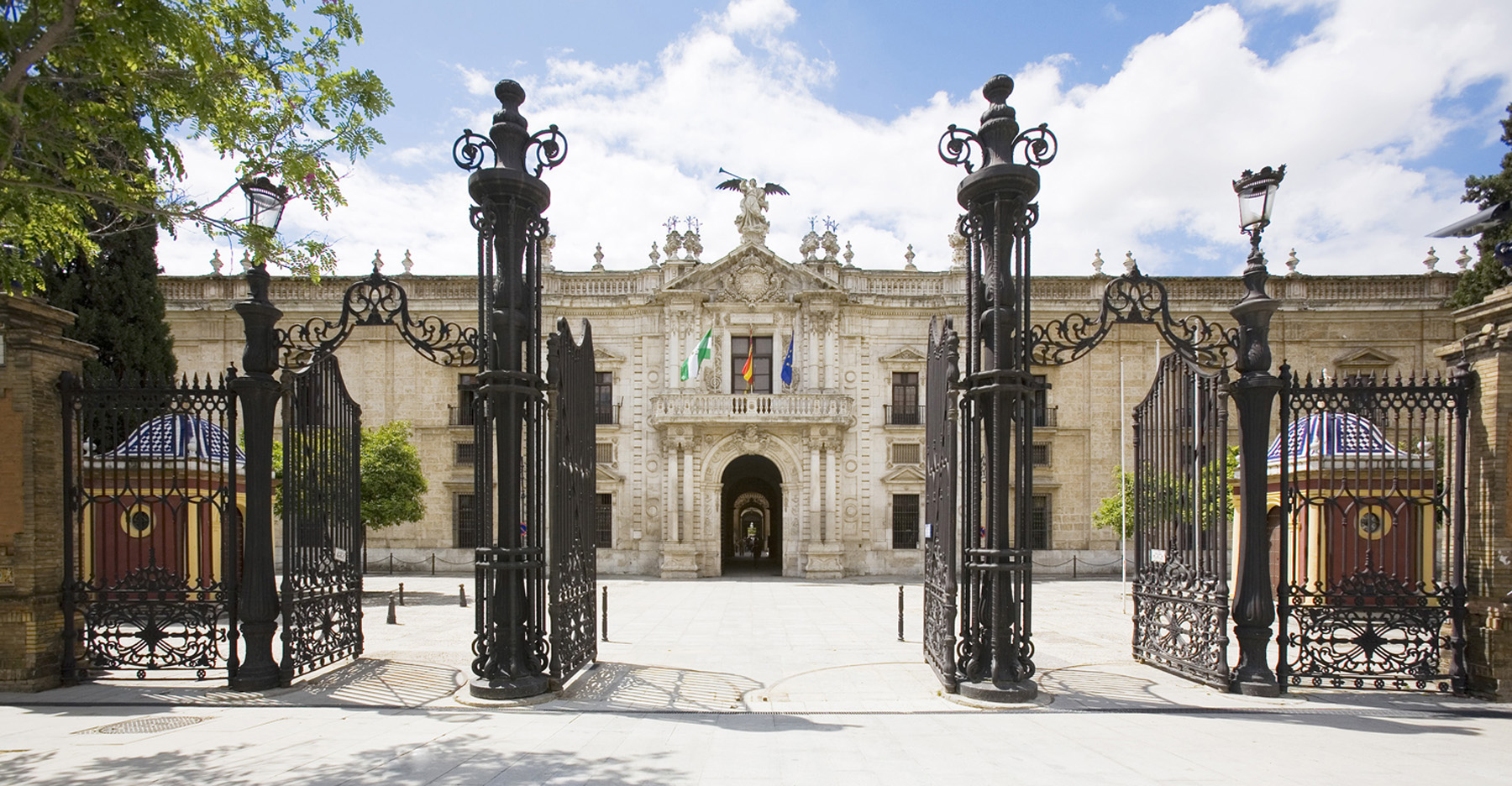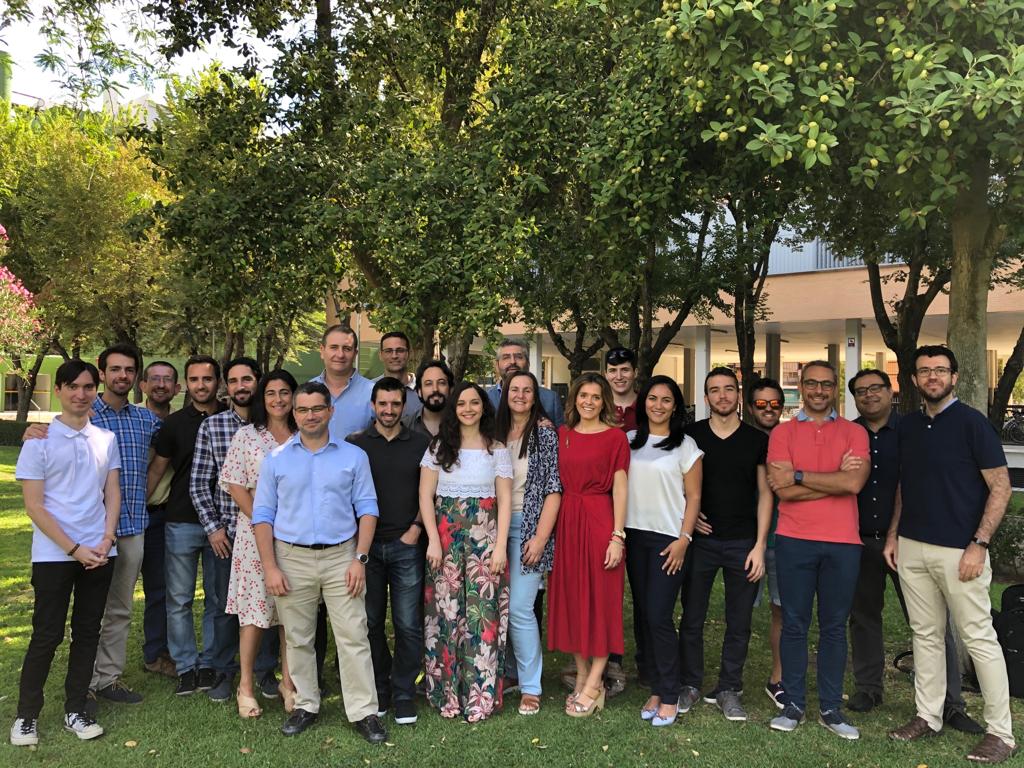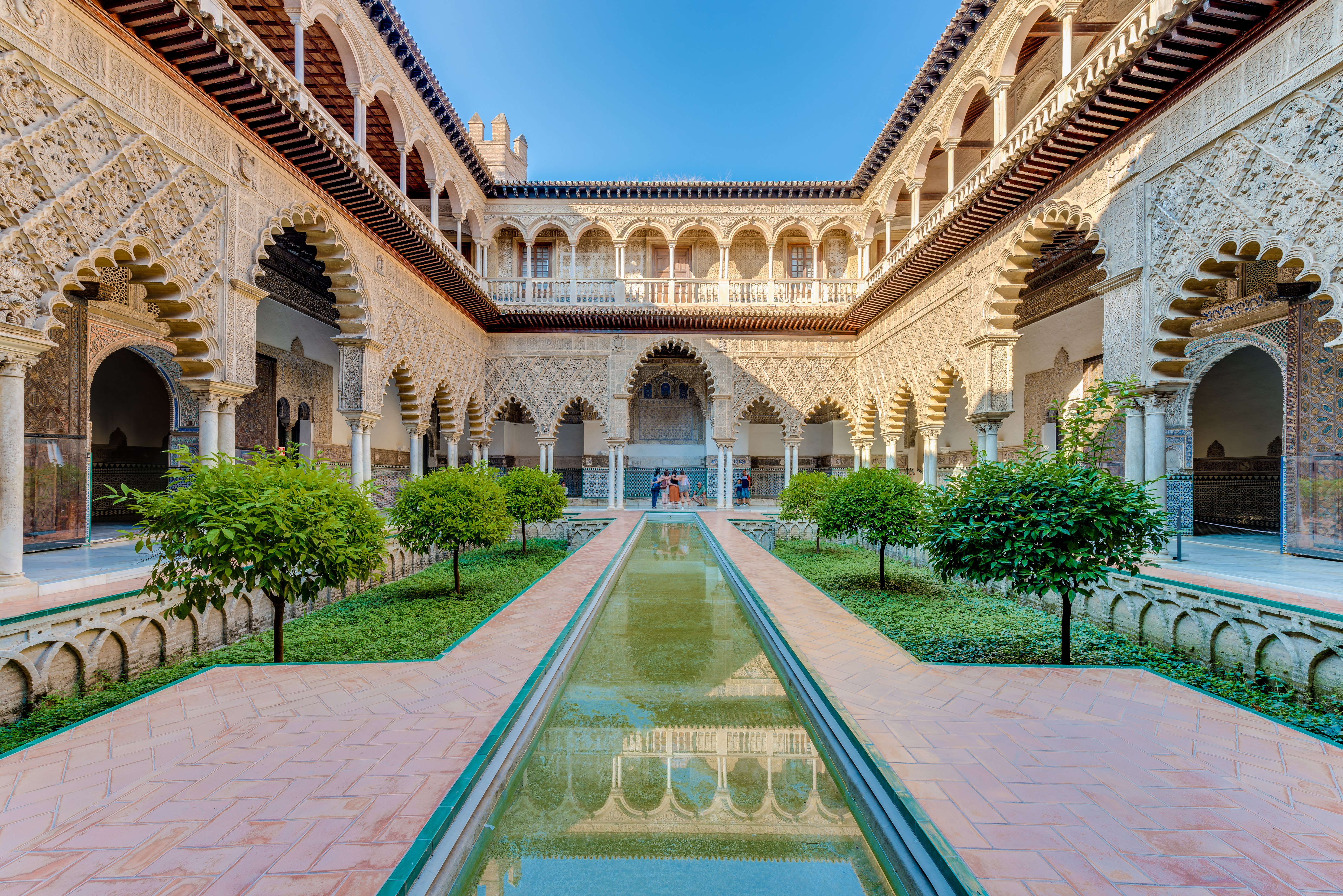Conference room: Business Process Management (BPM 2020)
conference roomPresented by Manuel Resinas, Adela del Río, and Cristina Cabanillas
This year the University of Seville hosts the 18th edition of the International Conference on Business Process Management (BPM 2020) from September 13th to September 18th. This conference is the premium forum for researchers and practitioners in Business Process Management. Over the past decade, it has built its reputation by showcasing leading-edge research of the highest quality together with talks, tutorials and discussions by the most renowned thought leaders and innovators in the field. The BPM conference series embraces the diversity and richness of the BPM field. It serves as a melting pot for experts from a mix of disciplines including Computer Science, Information Systems Engineering, and Management, thus covering a wide variety of topics. Among them, process mining is one of the most significant ones. As a matter of fact, every year at least one third of the papers accepted for publication at the conference focuses on aspects related to process mining. This has made BPM one of the principal venues for the process mining research community. Not only process mining scientists regularly attend the conference, also companies like Signavio and Celonis contribute as regular sponsors and have a physical presence in it such that participants can get firsthand information about them. Therefore, BPM is an excellent venue to exchange ideas and to meet people working on this field.

In this edition, together with the three main research tracks, BPM 2020 encompasses a number of other components that are very attractive for process mining enthusiasts. They include a Blockchain Forum and a Robotic Process Automation (RPA) Forum, which, among others, welcome papers concerning the application of process mining to enhance these technologies; an Industry Forum, which serves to exchange experiences and to support networking among, among others, process mining experts around the world by inviting the submission of case studies and success stories of the application of process mining to the industry; a Demonstration & Resources session, which is intended to showcase innovative tools, services and applications related to process mining and other BPM-related topics, as well as resources like datasets, taxonomies, labelled event logs and annotated corpora alike, quantitative/qualitative data and benchmarks that may originate either from academic initiatives or industry endeavours; a Doctoral Consortium, which invites PhD students working in the area of BPM to submit their PhD proposal to get feedback and guidance about their planned research; a Call for Tutorials, which seeks to cover emerging topics and aspects of the BPM discipline, new technologies and opportunities, teaching issues and lessons learnt from industry experiences; and finally, 7 workshops, covering a broad set of topics related to BPM. Among the workshops, we want to highlight the workshop on Business Process Intelligence (BPI), which currently counts with 16 editions, being one of the oldest venues mainly focused on process mining. Moreover, it hosted the BPI Challenge until 2018.
The sessions involved in BPM 2020 will take place at the Royal Tobacco Factory, an astonishing 18th-century stone building that was the first tobacco factory in Europe and the home of Carmen, the famous Bizet's opera. Currently, it is the seat of the rectorate of the University of Seville, which was established in 1505 and, with more than 70000 students, is the third-largest university in Spain. The social events also play an important role in BPM 2020. Besides enjoying the fantastic weather of September nights in Seville, the participants will be able to learn more about the history of the Royal Tobacco Factory, be amazed by the blend of Mudejar, Gothic and Renaissance styles of the Royal Alcazar and its marvelous gardens, and enjoy a wonderful sight of the Guadalquivir river while savouring the exquisite Spanish cuisine during the conference dinner.
 BPM 2020 is organised by the Applied Software Engineering (ISA) Group of the University of Seville. This research group is led by Antonio Ruiz-Cortés and composed of 21 members. Its research spans 6 areas of interest including BPM, Service Governance, Metaheuristics, Experiments Support, Search-based Software Engineering and Software Testing. The research on BPM aspects is led by Manuel Resinas and Antonio Ruiz-Cortés, and it occupies 9 group members. It addresses the development and application of software tools to improve performance and human resource management in business processes. Concerning the former, the group has a strong experience in the monitoring of business processes based on process performance indicators (PPIs). The current interests involve improving the modelling of PPIs by non-experts, the monitoring of decisions and unstructured processes based on event logs and the reliability and evolution of PPIs predictive monitoring models. Regarding the latter, the research covers several different angles. One stream of research focuses on the application of techniques like mindfulness or time management to improve personal productivity. Another research stream is focused on the configuration and use of workstream collaboration tools to improve the collaboration of people in the context of digital transformation. Finally, the third research stream tackles the organisational perspective of business processes pursuing the optimisation of the management of human resources along with process modelling, execution and analysis. Within the analysis, approaches for mining process event logs to discover resource assignment information have been developed.
BPM 2020 is organised by the Applied Software Engineering (ISA) Group of the University of Seville. This research group is led by Antonio Ruiz-Cortés and composed of 21 members. Its research spans 6 areas of interest including BPM, Service Governance, Metaheuristics, Experiments Support, Search-based Software Engineering and Software Testing. The research on BPM aspects is led by Manuel Resinas and Antonio Ruiz-Cortés, and it occupies 9 group members. It addresses the development and application of software tools to improve performance and human resource management in business processes. Concerning the former, the group has a strong experience in the monitoring of business processes based on process performance indicators (PPIs). The current interests involve improving the modelling of PPIs by non-experts, the monitoring of decisions and unstructured processes based on event logs and the reliability and evolution of PPIs predictive monitoring models. Regarding the latter, the research covers several different angles. One stream of research focuses on the application of techniques like mindfulness or time management to improve personal productivity. Another research stream is focused on the configuration and use of workstream collaboration tools to improve the collaboration of people in the context of digital transformation. Finally, the third research stream tackles the organisational perspective of business processes pursuing the optimisation of the management of human resources along with process modelling, execution and analysis. Within the analysis, approaches for mining process event logs to discover resource assignment information have been developed.
About Seville
 For all its important monuments and fascinating history, Seville is universally famous for being a joyous town and one of the most beloved places by visitors to Spain. Seville is the capital and largest city of the autonomous community of Andalusia, in Southern Spain. It has a municipal population of about 700,000, and a metropolitan population of about 1.5 million, which makes it the fourth largest city in Spain. Its Old Town is the third-largest in Europe with an area of 4 square kilometres (2 sq mi) and contains three UNESCO World Heritage Sites: the Alcázar palace complex (you can see a part of its stunning beauty in the picture on the right), a royal Mudejar palace; the Cathedral; and the General Archive of the Indies, where the historical records of the American continent are kept. Other sights not to be missed include the Casa de Pilatos, a large sixteenth-century mansion where Mudejar, Gothic and Renaissance styles blend harmoniously amidst exuberant patios and gardens; La Maestranza bullring; the Tower of Gold; María Luisa park; and, crossing the Triana bridge over the large Guadalquivir river, the lively popular quarter Triana, with charming narrow streets and traditional ceramic factories. And, of course, one cannot leave Seville without tasting its “tapas” and enjoying a glass of Sherry wine in one of the probably thousands of bars in the city.
For all its important monuments and fascinating history, Seville is universally famous for being a joyous town and one of the most beloved places by visitors to Spain. Seville is the capital and largest city of the autonomous community of Andalusia, in Southern Spain. It has a municipal population of about 700,000, and a metropolitan population of about 1.5 million, which makes it the fourth largest city in Spain. Its Old Town is the third-largest in Europe with an area of 4 square kilometres (2 sq mi) and contains three UNESCO World Heritage Sites: the Alcázar palace complex (you can see a part of its stunning beauty in the picture on the right), a royal Mudejar palace; the Cathedral; and the General Archive of the Indies, where the historical records of the American continent are kept. Other sights not to be missed include the Casa de Pilatos, a large sixteenth-century mansion where Mudejar, Gothic and Renaissance styles blend harmoniously amidst exuberant patios and gardens; La Maestranza bullring; the Tower of Gold; María Luisa park; and, crossing the Triana bridge over the large Guadalquivir river, the lively popular quarter Triana, with charming narrow streets and traditional ceramic factories. And, of course, one cannot leave Seville without tasting its “tapas” and enjoying a glass of Sherry wine in one of the probably thousands of bars in the city.
Important dates
The closest due date is the submission deadline for the main conference: the 16th of March (strict!). Make sure to stay up to date with this and all the other key dates by checking the dedicated page on the BPM 2020 website: https://congreso.us.es/bpm2020/calls/keydates/
- Academic stories: Hajo Reijers
- Developers’ point: Lana Labs
- Exploring newland: From Process Mining to Automated Process Improvement
- End-user’s corner: Dominic Giss
- Challenge and study: Process Discovery Contest 2020 (PDC 2020)
- Conference room: Business Process Management (BPM 2020)
- ICPM 2020: get ready!
- This article has been updated on September 8 2020, 07:12.
- Presented by Manuel Resinas, Adela del Río, and Cristina Cabanillas

